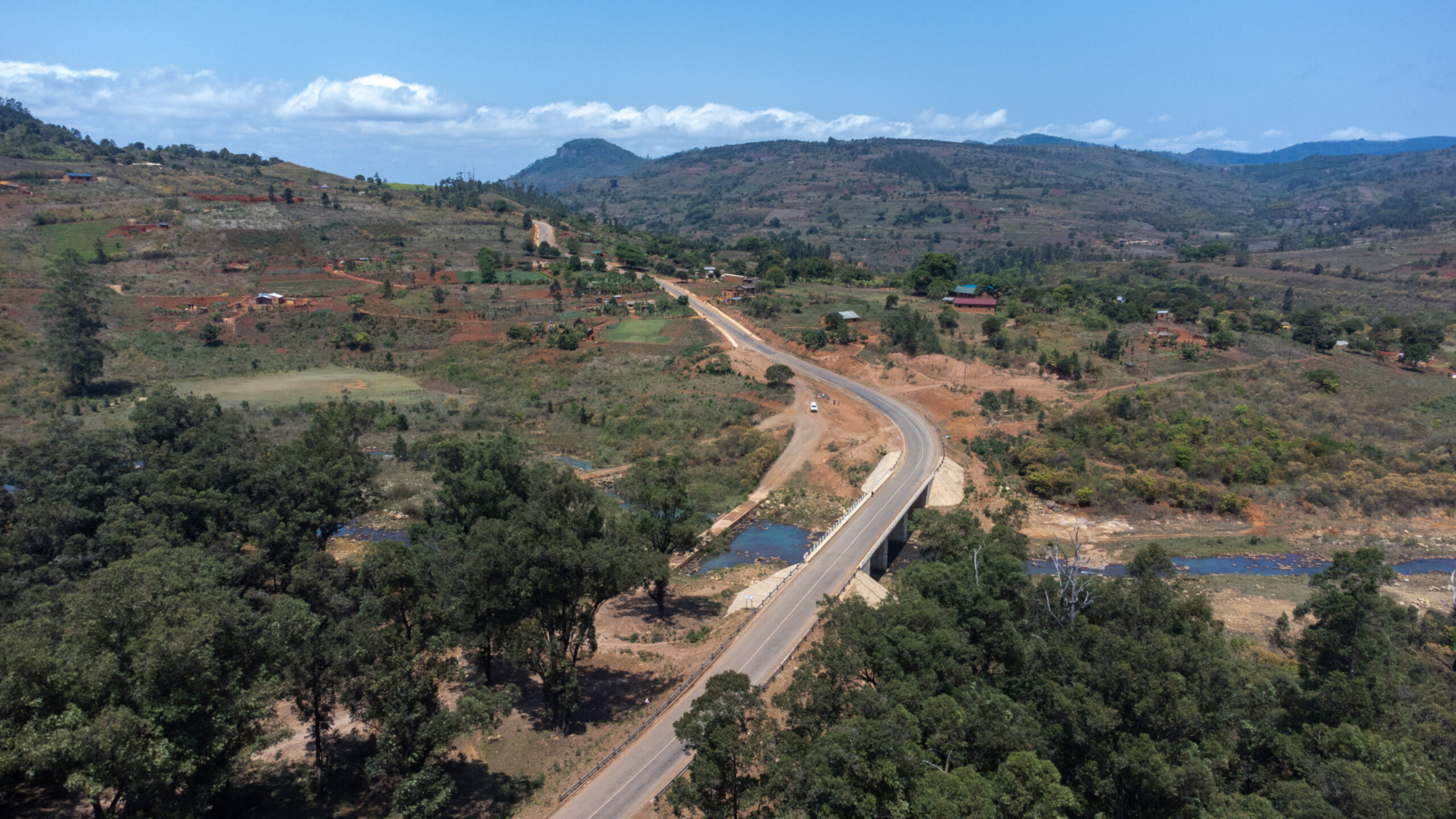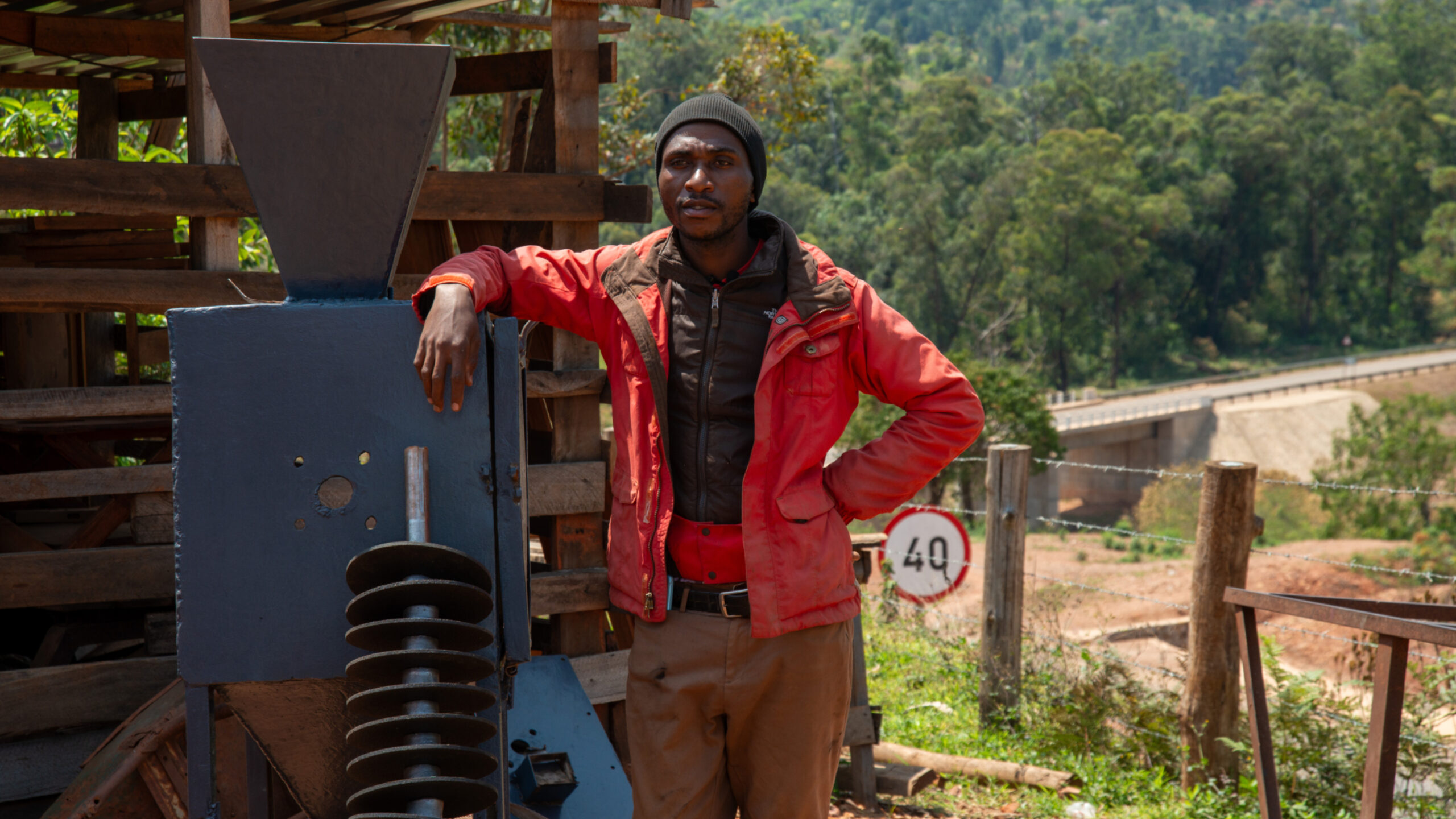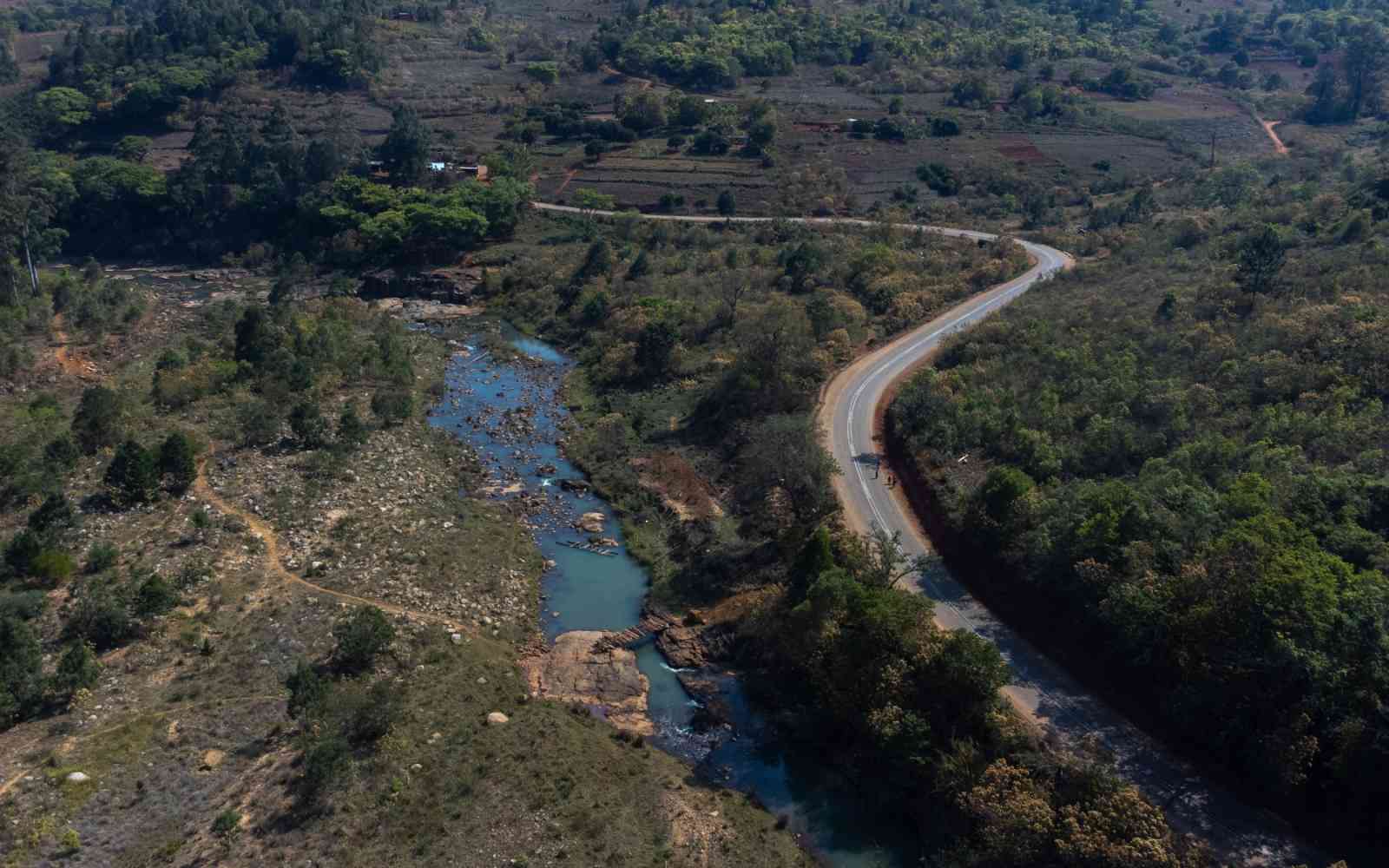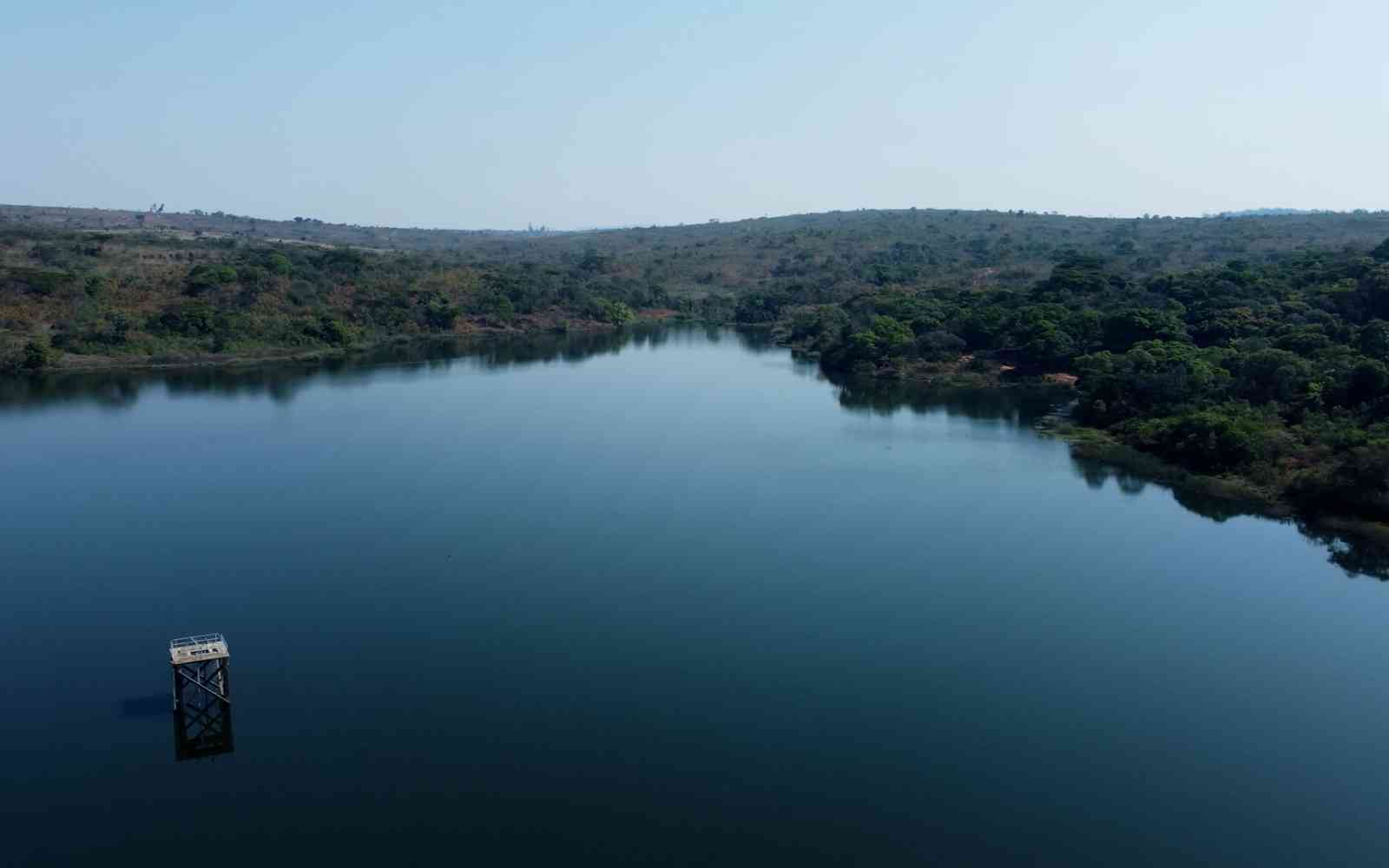The United Nations Office for Project Services (UNOPS)
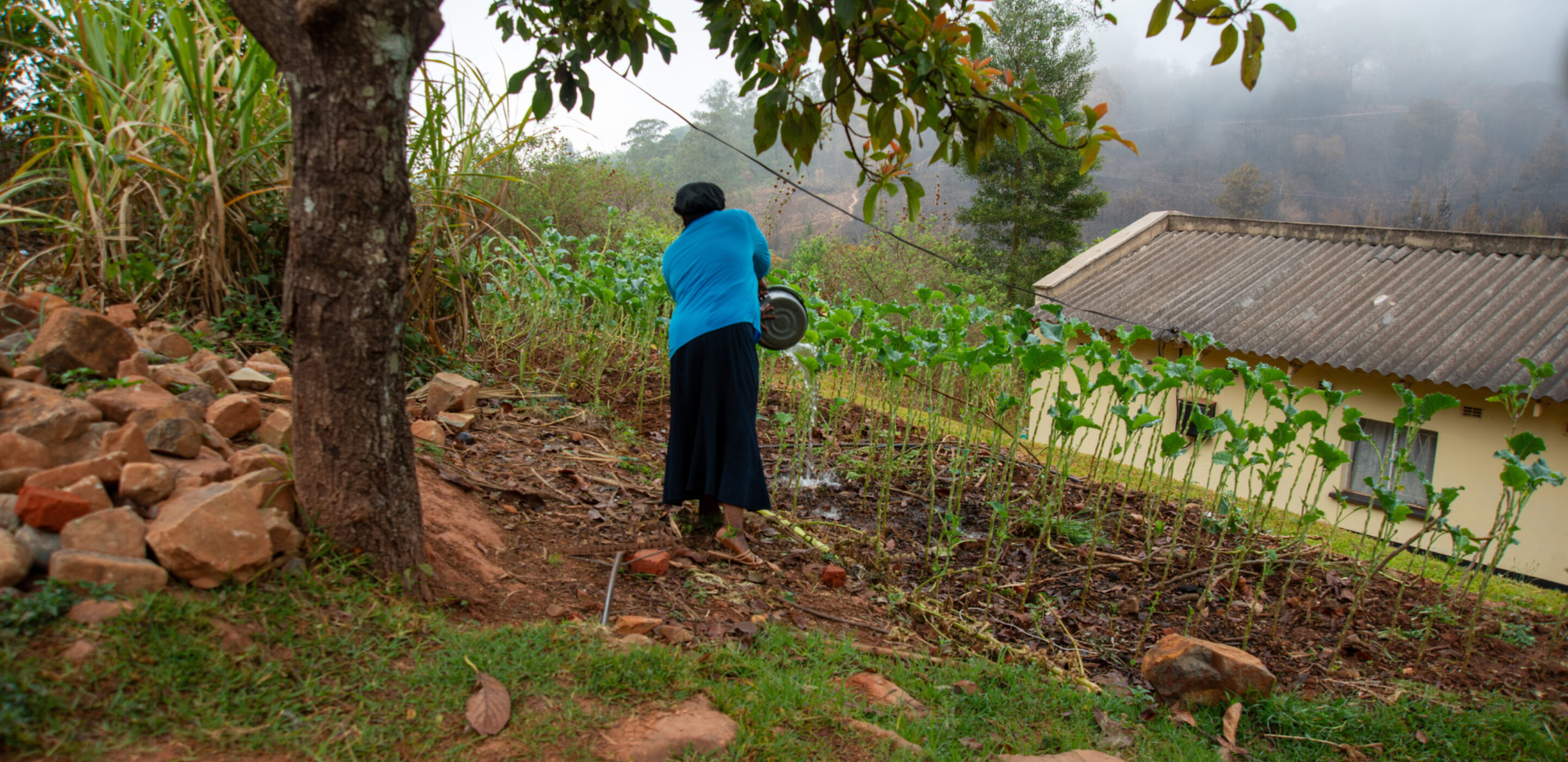
Supporting economic development and stability in Zimbabwe
A rehabilitated power line destroyed by Cyclone Idai is providing more than energy in Manicaland Province – it's helping communities return to normalcy and build resilience.
The 155-km power line crossing through Zimbabwe's Chimanimani and Chipinge Districts is critical for supplying energy to Manicaland Province.
When Cyclone Idai struck in March 2019, it extensively damaged the power line, disrupting industrial, agricultural and daily community activities. This severely impacted local economies, livelihoods and community well-being.
As part of the Post-Cyclone Idai and Kenneth Emergency Recovery and Resilience Programme funded by the African Development Bank, UNOPS rehabilitated the power line on behalf of the government of Zimbabwe. Using a ’build back better’ approach, the power line was rehabilitated in a way to foster resilience against future climatic shocks, such as being able to withstand high winds and other extreme weather conditions.
“Clinics, schools and households now enjoy reliable power, and businesses can operate without constant interruptions,” says Selina Mudzinganyama, a UNOPS Associate Civil Engineer who oversaw part of the rehabilitation works.
“Maintenance costs have also gone down because the upgraded design is built to withstand harsher conditions,” adds Selina.
Local industries, such as sawmills and agro-processing plants, depend heavily on electricity for their operations, and farmers rely on stable power for irrigation and other essential activities.
Industries in Chimanimani and Chipinge Districts were among the hardest hit by Cyclone Idai’s destruction. One local sawmill – which employs more than 300 workers, with around 80 per cent coming from the local community – depends on electricity to power its kiln drying processes.
"We had to rely on generators, which are expensive to run and not environmentally friendly. The rehabilitation of the power line has brought stability to our operations, allowing us to focus on production," Witness Teteni, engineering foreman for a local sawmill
The improved reliability of electricity has reduced reliance on costly backup systems, enabling businesses to operate more efficiently, lower operational costs and bolster local employment – contributing to economic stability in the region.
Access to stable electricity has also helped local entrepreneurs expand their operations, creating new jobs and supporting local supply chains.
Before the rehabilitation, we couldn’t meet our targets because of constant outages. Now, we’re able to process more produce, and our profits have increased.
Improved energy access has also enhanced resilience within communities. Reliable power ensures that access to essential services – such as healthcare, clean water and education – continues uninterrupted, even in the face of future challenges.
"During emergencies, we no longer worry about power cuts, and our vaccines are stored safely in temperature-controlled refrigerators. It has improved the quality of care we provide,” says Patricia Chikandi, a clinical nurse in Chimanimani District.
And with electricity-powered pumps now operational, communities have consistent access to clean water for domestic and agricultural use.
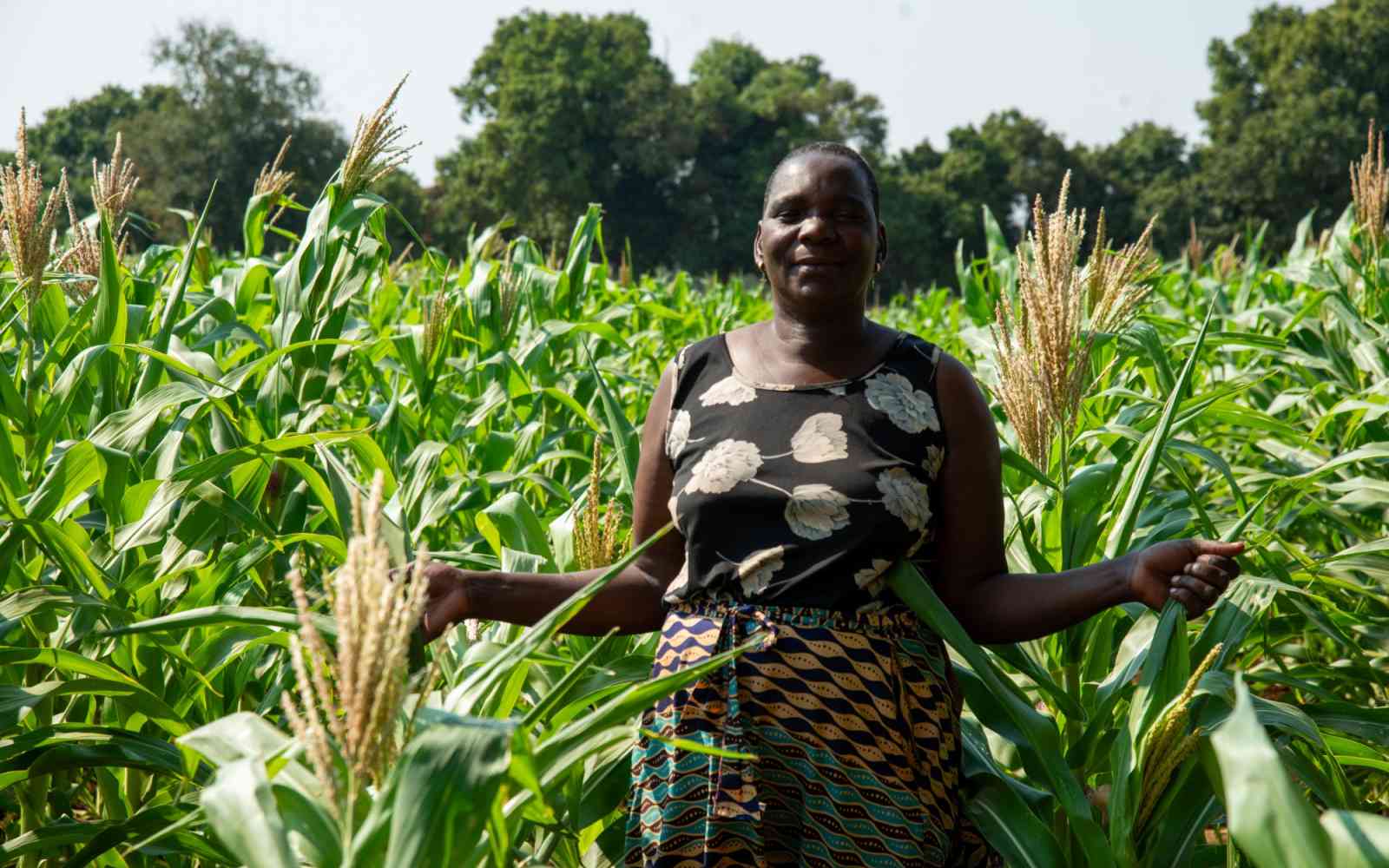
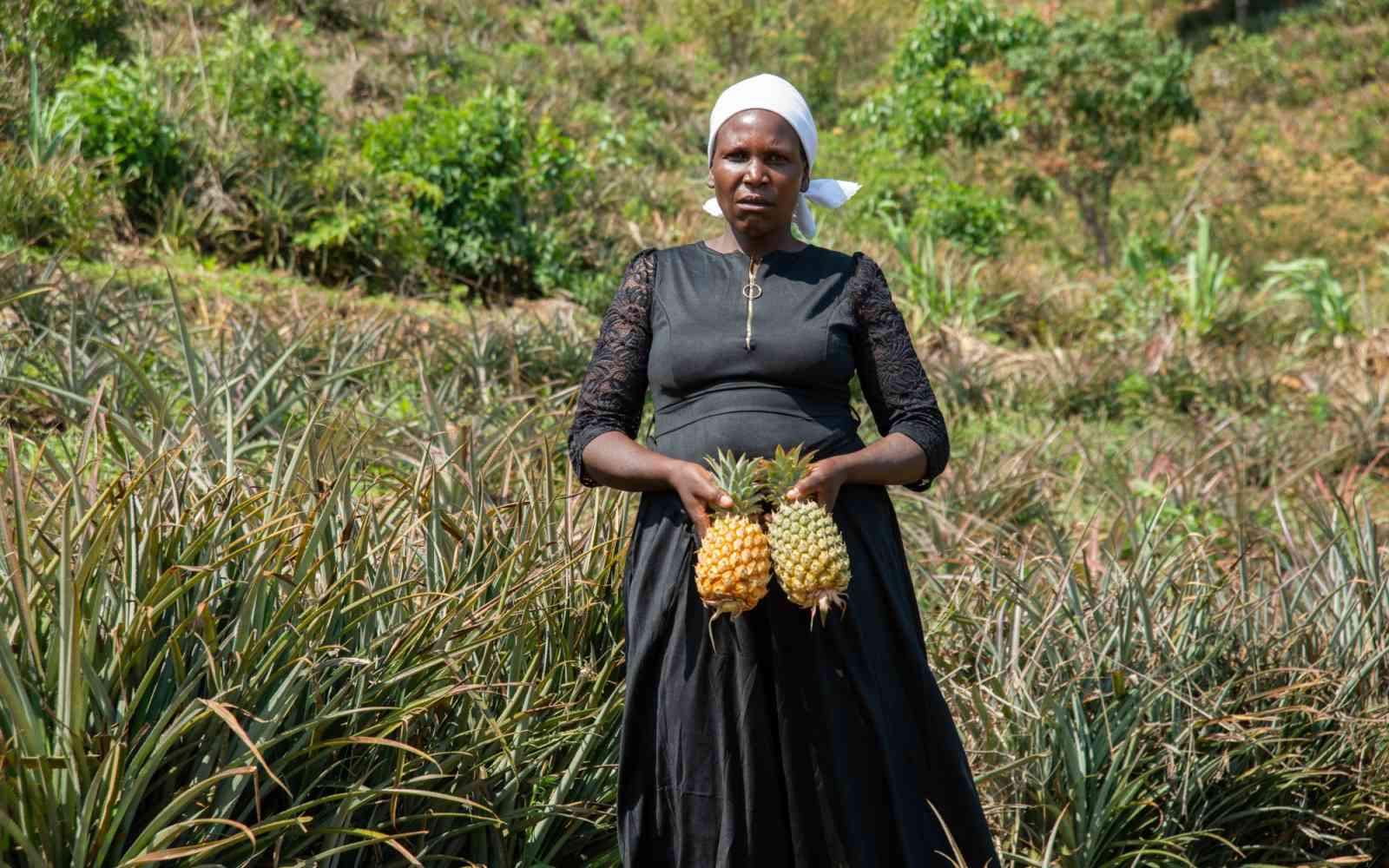
“Before the power line was restored, our irrigation systems were unreliable, and we often lost crops. Now, with consistent electricity, our yields have improved significantly, and we’re earning more from our produce,” says Tsitsi Mutswairo, a small-scale farmer.
Having access to reliable electricity has also improved learning conditions, with teachers now able to use digital tools and resources to enhance teaching.
"We can use computers in the lab and study after dark," says Farai Ndlovu, a Chipinge High School student. "This is helping us prepare better for exams and giving us skills we wouldn’t have access to otherwise.”
The project has not only restored essential services but also laid a strong foundation for long-term development.
This initiative demonstrates how targeted infrastructure investments can transform communities.
"The rehabilitation of the power line has strengthened local economies, improved quality of life, and ensured that the people of Chimanimani and Chipinge are better prepared for future challenges,” says Moono Mupotola, Deputy Director General for the Southern Africa Regional Development, Integration and Business Delivery Office.
“The power line has brought hope back to our region. We have electricity for our homes, our farms, and our schools. It’s more than just power, it is the light that keeps our community alive,” says Jeremiah Mutasa, a community elder and farmer.
About the programme
The Post-Cyclone Idai and Kenneth Emergency Recovery and Resilience Programme focused on rebuilding key infrastructure across Zimbabwe. Implemented by UNOPS with $24 million in financing from the African Development Bank, the programme helped restore essential services – including transportation network, electricity, and water and sanitation services – to the most severely affected communities in the districts of Chimanimani and Chipinge in Manicaland Province.







